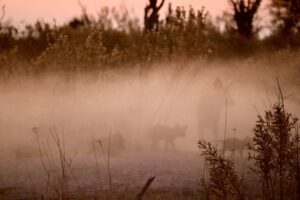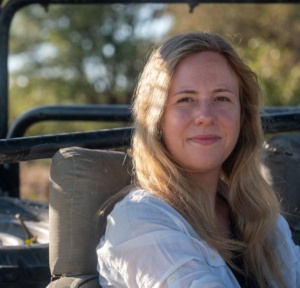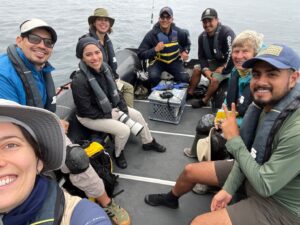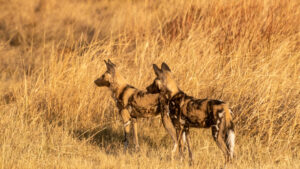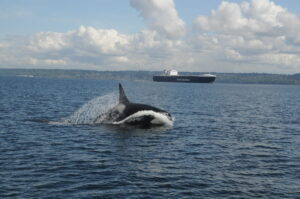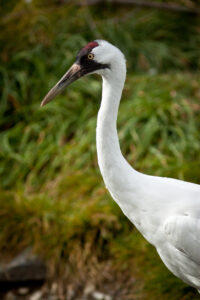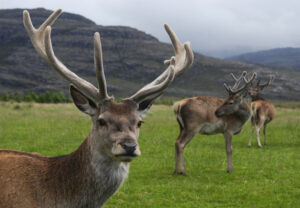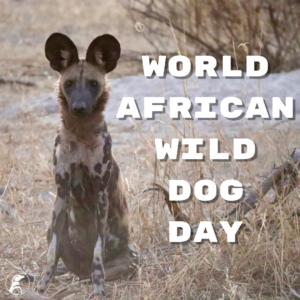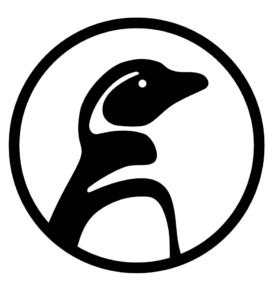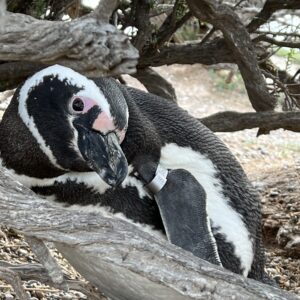Field Updates: Botswana, summer 2024
Written by Dr. Kasim Rafiq In June 2024, postdoctoral researcher Dr. Kasim Rafiq and PhD candidate Leigh West from Dr. Briana Abrahms‘ lab returned to Wild Dog Camp in the Okavango Delta and were joined by Briana’s new PhD student Marie-Pier Poulin. The team successfully deployed six new tracking collars on African wild dogs, including in two brand new packs, […]
Field Updates: Botswana, summer 2024 Read More »
